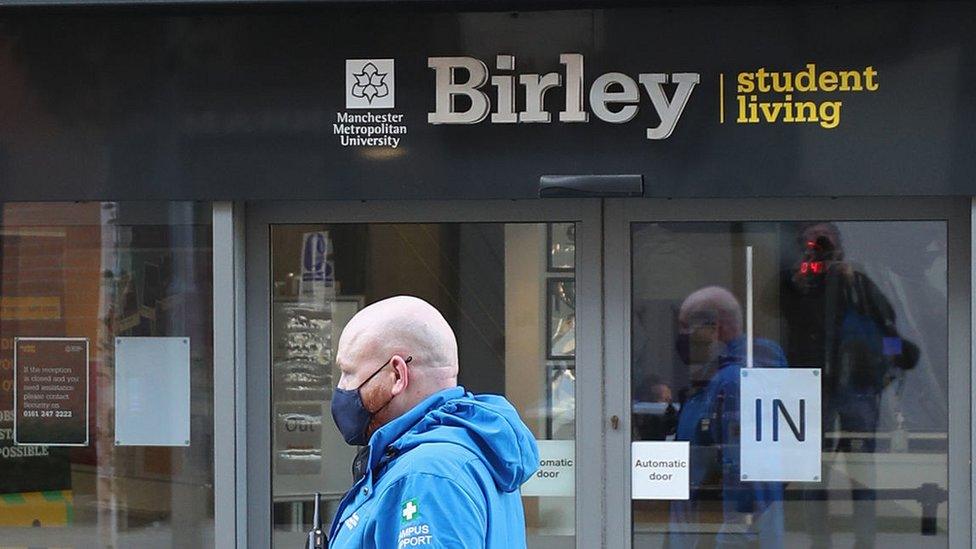Coronavirus: More than a quarter of UK under stricter rules
- Published
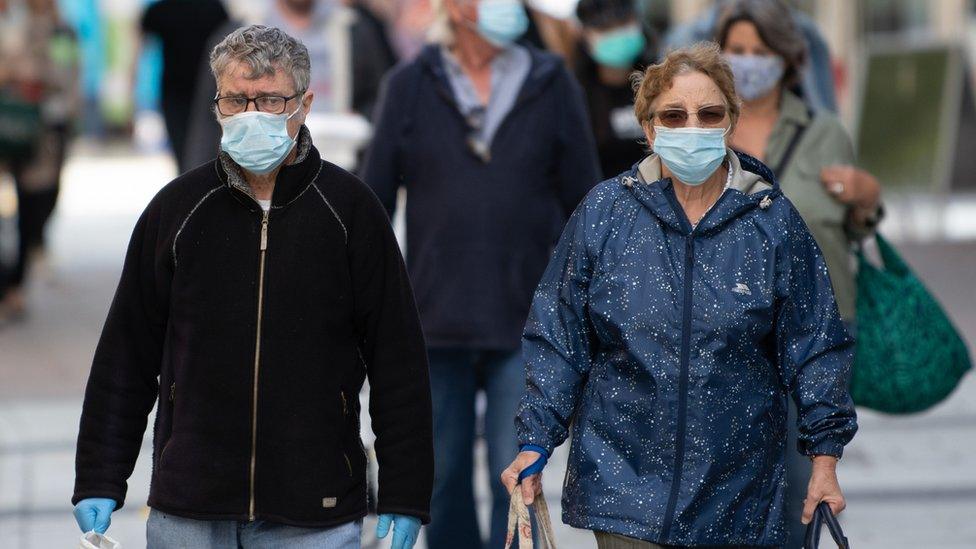
A man and woman wear masks in Cardiff, which will see stricter rules from Sunday
More than a quarter of the UK population is set to be under stricter coronavirus rules, as new measures come into force this weekend.
From Saturday in England, households in Leeds, Wigan, Stockport and Blackpool are banned from mixing in each other's homes or gardens.
In Wales, Llanelli became subject to new rules at 18:00 BST, with Cardiff and Swansea to follow 24 hours later.
It comes as the rate at which the virus is spreading appears to be speeding up.
There have been 6,042 new coronavirus infections in the UK over the past 24 hours, according to the latest government figures - and 34 deaths among those who tested positive for Covid-19 in the past 28 days.
It marks the fourth consecutive day that new infections across the UK have topped 6,000.
Scotland recorded 714 cases on Saturday, 156 more than on Friday and its highest number of cases confirmed in a single day since the start of the outbreak.
In Northern Ireland, where meeting other households indoors is also not allowed, 319 new cases have set a new daily record, up from Friday's 273. However mass testing was not available during the spring, when deaths were at their peak.
Wales reported 370 new cases on Saturday.
The R number - which indicates how many people someone with coronavirus infects - has risen in the last week and is now estimated to be between 1.2 and 1.5., external A number above 1 means the virus is spreading within the community.

Meanwhile, London Mayor Sadiq Khan said "immediate action" was needed to get coronavirus back under control in the capital, amid a "sharp rise" in cases, hospital admissions and patients in intensive care units.
On Friday, London was added to the government's Covid-19 watch-list - with all boroughs classed as areas of concern.
People in Leeds respond to the tighter rules
In England, the "rule of six" and a 22:00 closing time for pubs and restaurants applies nationally.
But extra restrictions are also in place in large parts of north-east and north-west England, West Yorkshire and the Midlands - where the infection rate is higher.
The latest rules for Leeds, Wigan, Stockport and Blackpool came into force at midnight and ban different households from mixing inside private homes or gardens.
Support bubbles are not affected and friends and family can still provide informal childcare for children under 14.
People are also advised not to socialise with people they do not live with in any other settings, including bars, shops and parks.
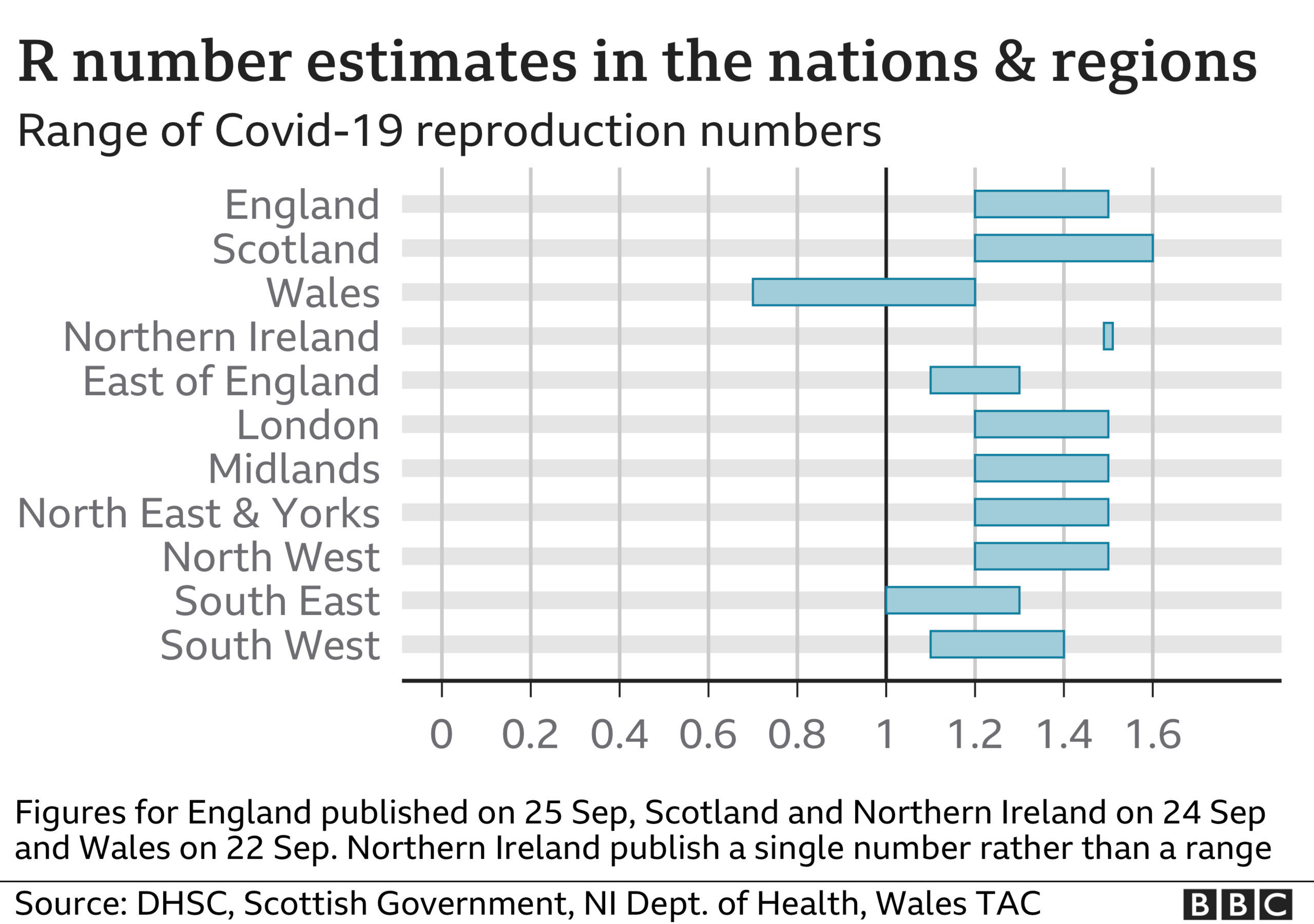
On Saturday, Wales - where the R number is between 0.7 and 1.2 - saw its first town-only lockdown, with people in Llanelli in Carmarthenshire banned from leaving town or mixing indoors with anyone outside of their household.
The same rules will be brought in for Wales' two biggest cities - Cardiff and Swansea - at 18:00 on Sunday. People will not be able to enter or leave the areas without a reasonable excuse, the Welsh government has said.
It means by the end of the weekend, about half of Wales' population will be under lockdown - 1.5 million people.
And the total number of people across the UK living under stricter rules will stand at 17 million.
Welsh First Minister Mark Drakeford urged people in Cardiff to behave as if the new restrictions were in place until they came into force on Sunday.
Health Minister Vaughan Gething told Today restrictions were more focused on transmission in the home than the pub.
"We have good evidence it is contact in people's homes that is driving it primarily. That is then leaking into other areas where people have contact, including licensed premises," he said.
Health Secretary Matt Hancock said he recognised "the burden and impact these additional measures have on our daily lives but we must act collectively and quickly to bring down infections".

Meanwhile, students have spoken of their worry and frustration at being made to isolate in university accommodation, with little notice or guidance.
Up to 1,700 students at Manchester Metropolitan University were told to self-isolate for two weeks in their student halls, after a spate of positive tests for Covid-19.
In a bid to stop the virus spreading in Scotland, students have been told not to socialise with anyone outside of their accommodation or go to pubs, parties or restaurants this weekend.
In other developments:
The UK is to give £500m to a new global vaccine-sharing scheme designed to ensure treatments for Covid-19 are distributed fairly
Demand for coronavirus tests has almost trebled among young children in England this month - but only 1% were found to have the virus, figures show
The World Health Organization has warned that a global coronavirus death toll could hit two million before an effective vaccine is widely used
Fewer than 0.1% of people stopped by police for not wearing masks on trains received a fine, figures have revealed.

LOOK-UP TOOL: How many cases in your area?
SOCIAL LIFE: Is it safe to go to the pub?
GLOBAL SPREAD: How many worldwide cases are there?
TEST AND TRACE: How does it work?


How are the rules affecting you? Share your experiences by emailing haveyoursay@bbc.co.uk, external.
Please include a contact number if you are willing to speak to a BBC journalist. You can also get in touch in the following ways:
WhatsApp: +44 7756 165803
Tweet: @BBC_HaveYourSay, external
Please read our terms & conditions and privacy policy
If you are reading this page and can't see the form you will need to visit the mobile version of the BBC website to submit your question or comment or you can email us at HaveYourSay@bbc.co.uk, external. Please include your name, age and location with any submission.
- Published1 July 2022

- Published26 September 2020
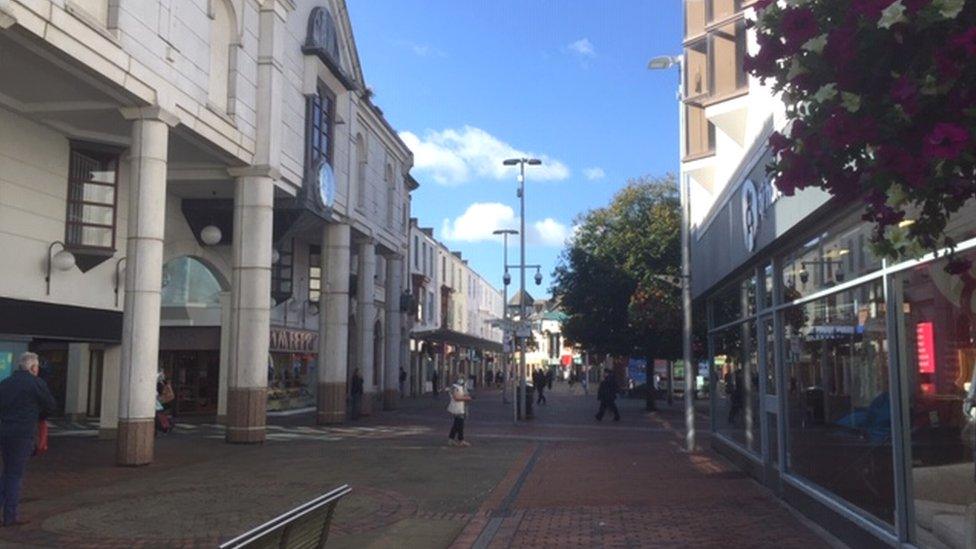
- Published25 September 2020
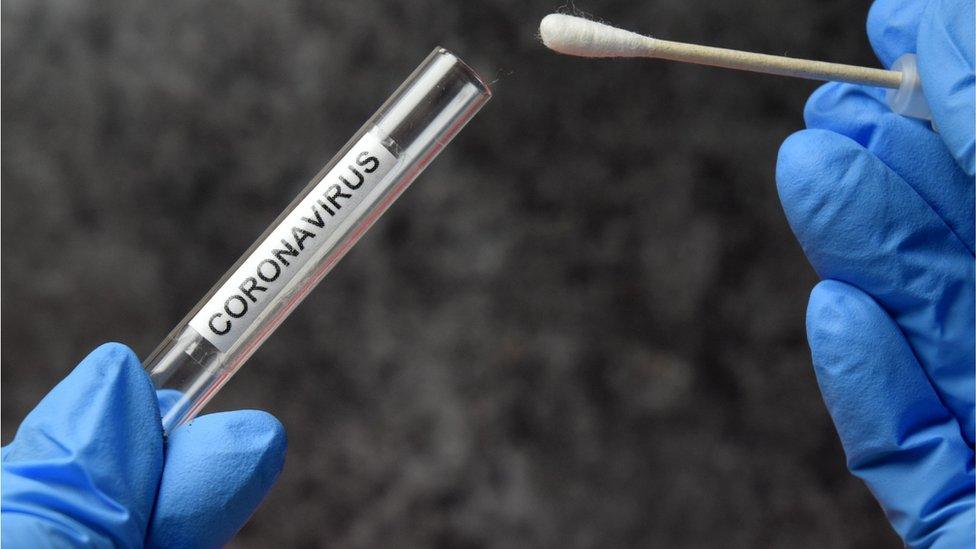
- Published26 September 2020
